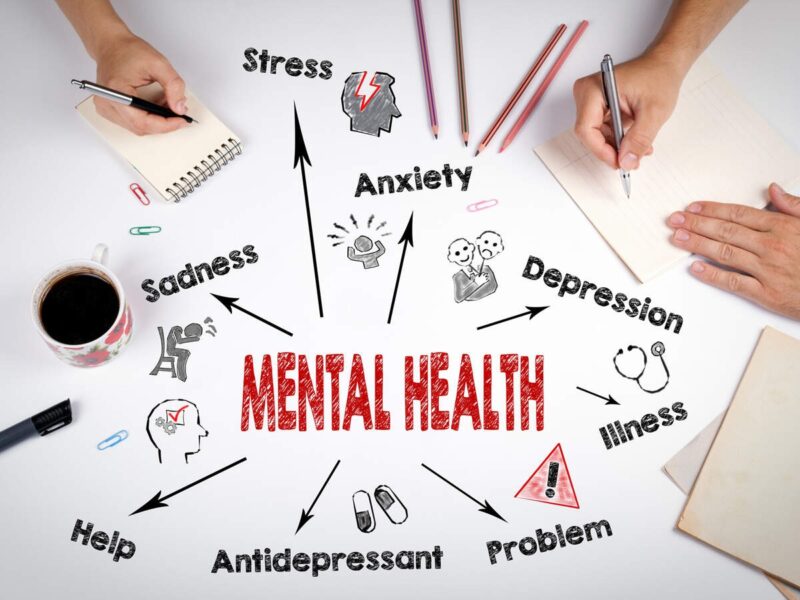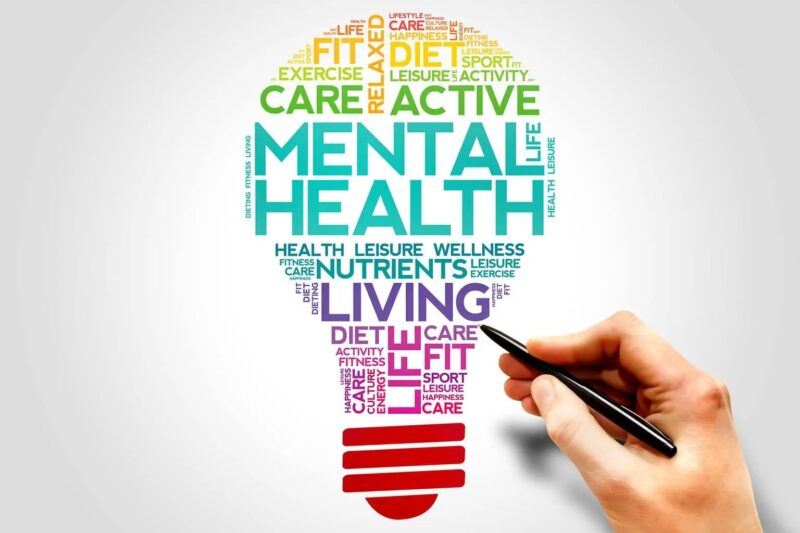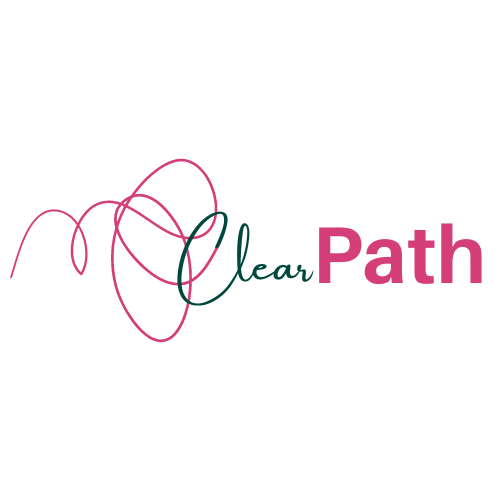Navigating mental health care under Medicaid doesn’t need to feel like a guessing game. In Arizona, AHCCCS (Arizona Health Care Cost Containment System) provides vital support for behavioral health and substance-use treatment. The problem is, most people don’t know where to start—or what’s even covered. If you’re searching for treatment options, trying to get a loved one help, or figuring out how to use AHCCCS for addiction recovery, here’s a full breakdown of what matters and how to move forward.
Key Highlights
- AHCCCS includes full behavioral health benefits for eligible members.
- You can access therapy, crisis care, medication, and rehab under AHCCCS.
- Not all providers accept Medicaid—finding the right one is essential.
- Eligibility depends on income, residency, and other factors.
- Regional Behavioral Health Authorities (RBHAs) coordinate most mental health services.
- Some rehab centers in Arizona still accept AHCCCS despite limited availability.
What Mental Health Services AHCCCS Actually Covers

AHCCCS treats behavioral health care as essential—not optional. If you’re eligible for Medicaid, you automatically qualify for a wide range of services that support mental wellness and substance-use recovery. Services are often provided through contracted community organizations under the state’s regional system.
Here’s what’s covered:
- Individual therapy with licensed counselors
- Group therapy and structured support groups
- Family therapy to support communication and healing
- Psychiatric evaluations and follow-up consultations
- Medication management, including prescriptions for antidepressants, mood stabilizers, or addiction treatment meds
- Case management for navigating treatment options and benefits
- Peer support specialists who guide members with lived experience
- Inpatient psychiatric care or residential rehab, depending on severity
- Mobile crisis teams, 24/7 hotlines, and emergency walk-in services
All services must be medically necessary and provided by professionals or organizations registered with AHCCCS. Most plans require coordination through a local RBHA, especially for long-term or intensive care.
How to Find a Rehab That Accepts AHCCCS

Most families hit a wall when looking for treatment centers that actually accept Medicaid. Many private rehabs turn away AHCCCS members due to reimbursement issues. But some providers continue to serve AHCCCS patients—and that can make all the difference.
If you’re trying to avoid hours of phone calls and confusing responses from front desks, focus on an accredited AHCCCS treatment center in Phoenix, such as Purpose Healing Center. They are one of the rare facilities committed to accepting AHCCCS and guiding patients through the insurance approval process. Their team helps verify eligibility and walks families through each step without delay.
Choosing the right center means:
- Confirming AHCCCS is accepted
- Checking if the treatment approach matches your needs (inpatient, outpatient, detox)
- Asking about intake timelines—some centers prioritize Medicaid slots faster
- Understanding the support provided for co-occurring mental health conditions
Don’t waste days chasing answers. Call centers that advertise AHCCCS support and ask directly about waitlists, programs, and eligibility screening.
Eligibility Requirements: Who Can Access AHCCCS Behavioral Services?

If you live in Arizona and fall into a certain income bracket, you likely qualify for Medicaid. But mental health services through AHCCCS go a step further—eligibility also ties into other factors like housing status, age, and specific needs.
You may qualify for AHCCCS behavioral health benefits if:
- You’re a legal Arizona resident
- Your household income meets federal poverty level guidelines
- You are pregnant, a parent, or part of a family with children
- You’re 65+, blind, or disabled
- You’re a young adult aging out of foster care
- You’re homeless or at risk of homelessness
Once you’re enrolled in AHCCCS, your behavioral health benefits begin immediately. Some services—especially crisis care—don’t even require full approval or referrals. They’re open to anyone in acute need.
For those facing serious mental illness (SMI) or co-occurring disorders, the system provides enhanced case management, housing assistance, job training, and medication monitoring through designated SMI providers.
How Regional Behavioral Health Authorities (RBHAs) Coordinate Care

Arizona’s Medicaid system partners with regional organizations called RBHAs. These authorities manage care networks, approve services, and connect patients to providers. If you’re approved for AHCCCS and need mental health care, your RBHA will likely become your primary point of contact.
There are currently three main RBHAs in Arizona:
- Mercy Care
- Arizona Complete Health
- Care1st Health Plan Arizona
Each RBHA operates in specific counties. Once you’re enrolled in AHCCCS, your health plan assigns you to the appropriate RBHA based on where you live. That’s who you call for therapy referrals, medication support, transportation help, and care coordination.
They also manage:
- Specialty treatment for trauma and PTSD
- Dual-diagnosis programs
- Referrals to detox or inpatient services
- Linkage with sober living facilities
RBHAs are required to follow strict timelines when responding to behavioral health crises and referrals. If your assigned RBHA fails to act or delays treatment, you can file a grievance or appeal the decision.
What About Substance Use Treatment? Yes, AHCCCS Covers That Too

Many people wrongly assume that Medicaid doesn’t cover addiction treatment. AHCCCS does. And in many cases, it offers full support for those ready to enter recovery.
Covered substance-use treatments include:
- Detoxification services (inpatient or outpatient)
- Medication-Assisted Treatment (MAT) using drugs like Suboxone or Vivitrol
- Outpatient counseling with certified addiction specialists
- Intensive Outpatient Programs (IOPs) that meet several days per week
- Residential rehab stays when needed for stabilization
- Relapse prevention support and case management
Coverage depends on a clinical assessment. A behavioral health provider will evaluate the severity of your substance-use disorder and recommend the appropriate level of care. Once approved, AHCCCS covers the treatment at 100%—no cost to you.
Crisis Services Are Always Available—Even Without Full Enrollment
If you or a loved one needs help now, AHCCCS has protections in place. Crisis care in Arizona is available 24/7 and doesn’t require prior insurance approval. This includes:
- Emergency psychiatric evaluation
- Mobile teams that come to your location
- Walk-in crisis stabilization units
- Phone counseling through local hotlines
- Temporary placement or hospitalization if needed
Anyone—insured or not—can access these services. If you’re unsure where to start, call your county’s crisis line. AHCCCS reimburses providers for this care directly. After immediate needs are met, staff can help with longer-term enrollment and follow-up services.
Conclusion
Mental health support under AHCCCS is real, actionable, and available—but often underused. Too many people assume Medicaid won’t help with therapy or addiction recovery. Others feel stuck after being turned away by a provider who doesn’t accept AHCCCS.
The key is knowing your rights, using RBHA systems wisely, and seeking out verified accredited providers. Whether you need help today or you’re planning next steps for someone you love, AHCCCS makes long-term mental health care possible in Arizona. You don’t have to do it alone, and you don’t have to pay out of pocket.
Take the first step. Ask questions. Call someone who actually knows the system. AHCCCS is more than coverage—it’s a path to stability.

